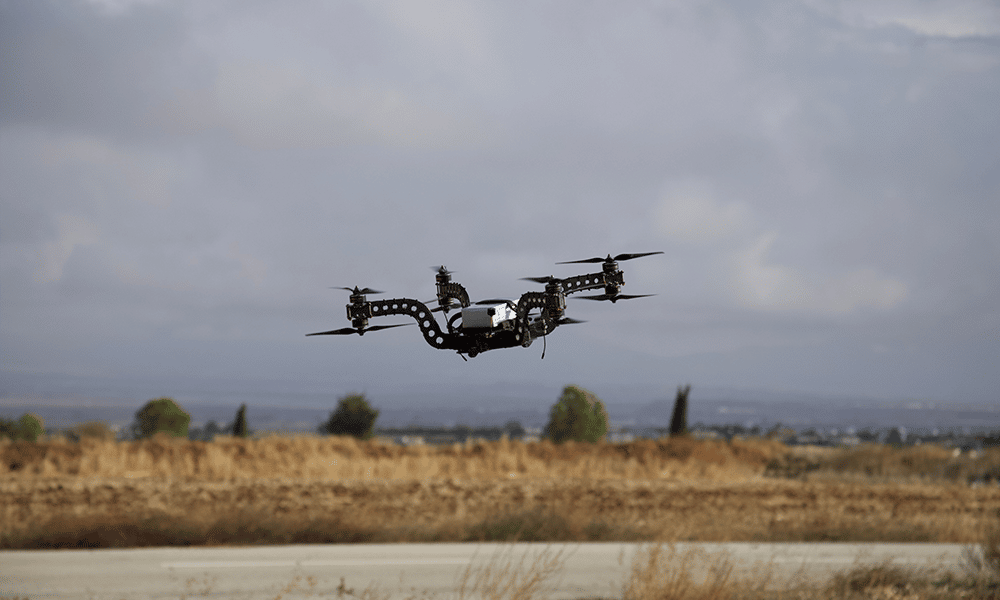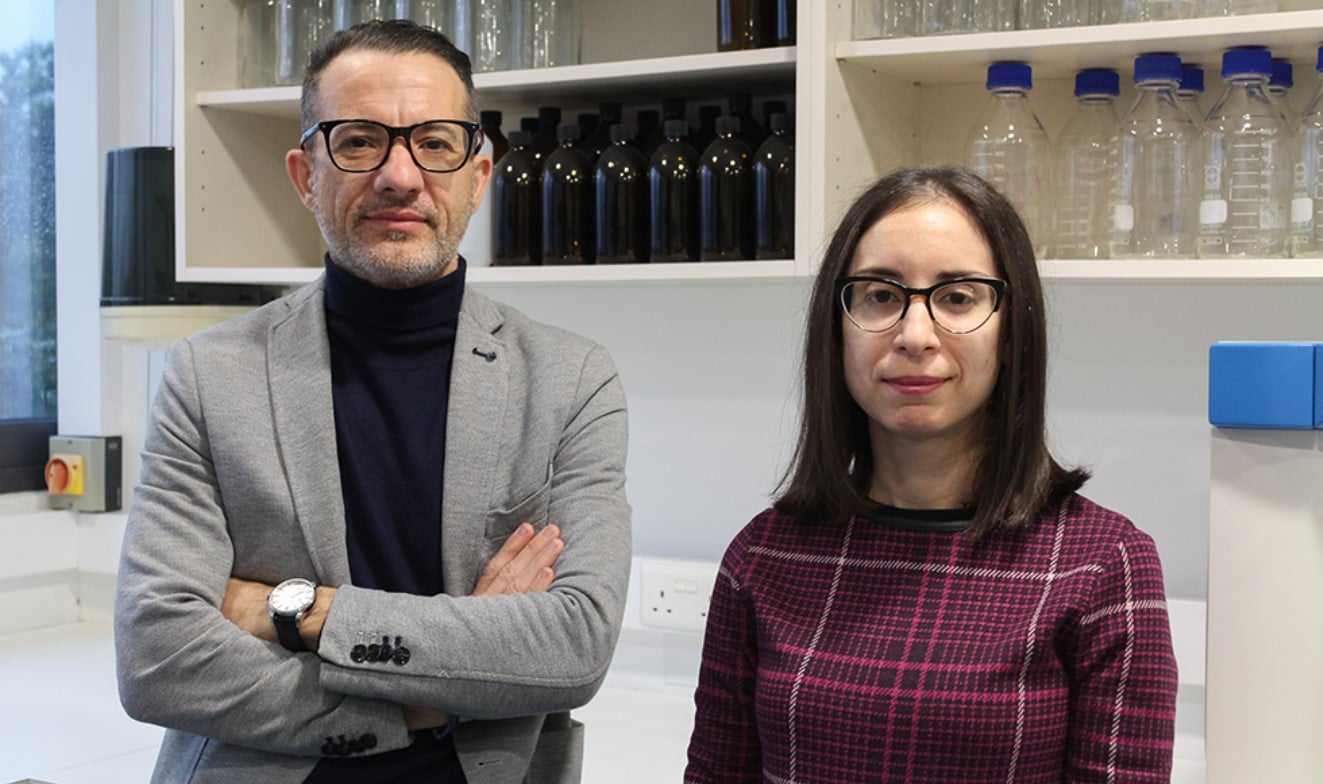The Cyprus University of Technology (Tepak) this week announced that a research team under its nursing department has been selected to participate in the Cyprus Seeds programme, one of only ten entries to be selected.
Cyprus Seeds is a non-profit organisation whose mission is to help, support and facilitate the commercialisation of innovative academic research in Cyprus.

According to a relevant announcement, the Cyprus Seeds programme will have a duration of approximately 17 months, running between January 2023 and June 2024.
Tepak’s research team is comprised of Andreas Charalambous, who has a PhD in oncology nursing and started his nursing career in 1995, and Maria-Dolores Christofi, a specialised scientist at the university’s Department of Nursing.
The team’s project revolves around herbal nanomedicines for cancer patients in the form of an oral solution.
Dubbed Cancer NanoHerb, the project aims to innovate by producing a line of herbal nanomedicine formulas specifically targeted for the supportive and integrative care of cancer patients, providing the tools to help them withstand the strain of conventional treatment and improve the patient-reported outcomes, including their quality of life and treatment experience.
The first product in the line is a herbal oral solution formulated specifically for the management of oral mucositis and xerostomia for head and neck cancer patients.
“The team would like to express its appreciation to Cyprus Seeds managing director Maria Markidou Georgiadou and Innovation Manager Margarita Kyprianou, along with the entire Cyprus Seeds team, for providing us with this opportunity and for their contribution,” the Tepak research team said in a statement.
The Department of Nursing of the Cyprus University of Technology began operating in the academic year 2007-2008, with the aim of creating, transferring and applying nursing knowledge, with the aim of helping to prepare nurses capable of practising nursing safely at a national and international level.
The department is ranked between 101 and 150 among the 300 best universities internationally and first in Cyprus and Greece, according to the results of the internationally recognised Shanghai List for 2022.

The UAS-GHG Tracker
Elsewhere, the Cyprus Seeds programme has also provided support to other projects, including an unmanned aerial system (UAS-GHG Tracker) that will act as a greenhouse gas tracker, able to detect leaks and help to quantify methane emissions.
The project’s team includes Jean Sciare, Research Centre Director at the Cyprus Institute, as well as Marina Papageorgiou and Christos Keleshis, both coordinators at the Climate and Atmosphere Research Centre (CARE-C).
According to the team, the UAS-GHG Tracker will combine advanced drone and sensor technologies to geo-locate leaks and quantify emissions of methane, a strong greenhouse gas, responsible for a third of global warming.
“This environmental technology solution will enable key sectors (energy, agriculture, waste) to better comply with recently introduced, stringer regulations, in response to the Global Methane Pledge as well as contribute to green economy transition, while at the same time enabling additional financial benefits through the recycling of methane in the value chain,” the team explained.







Click here to change your cookie preferences